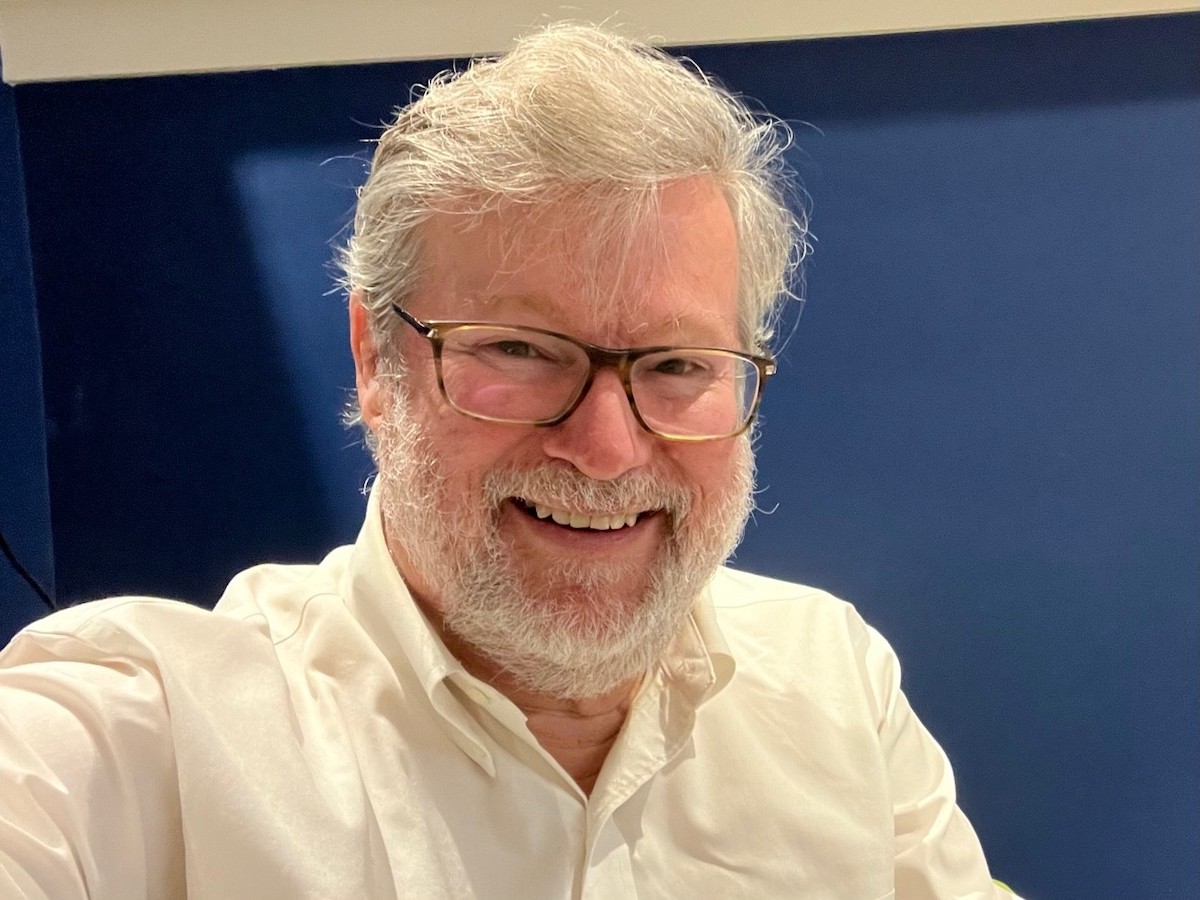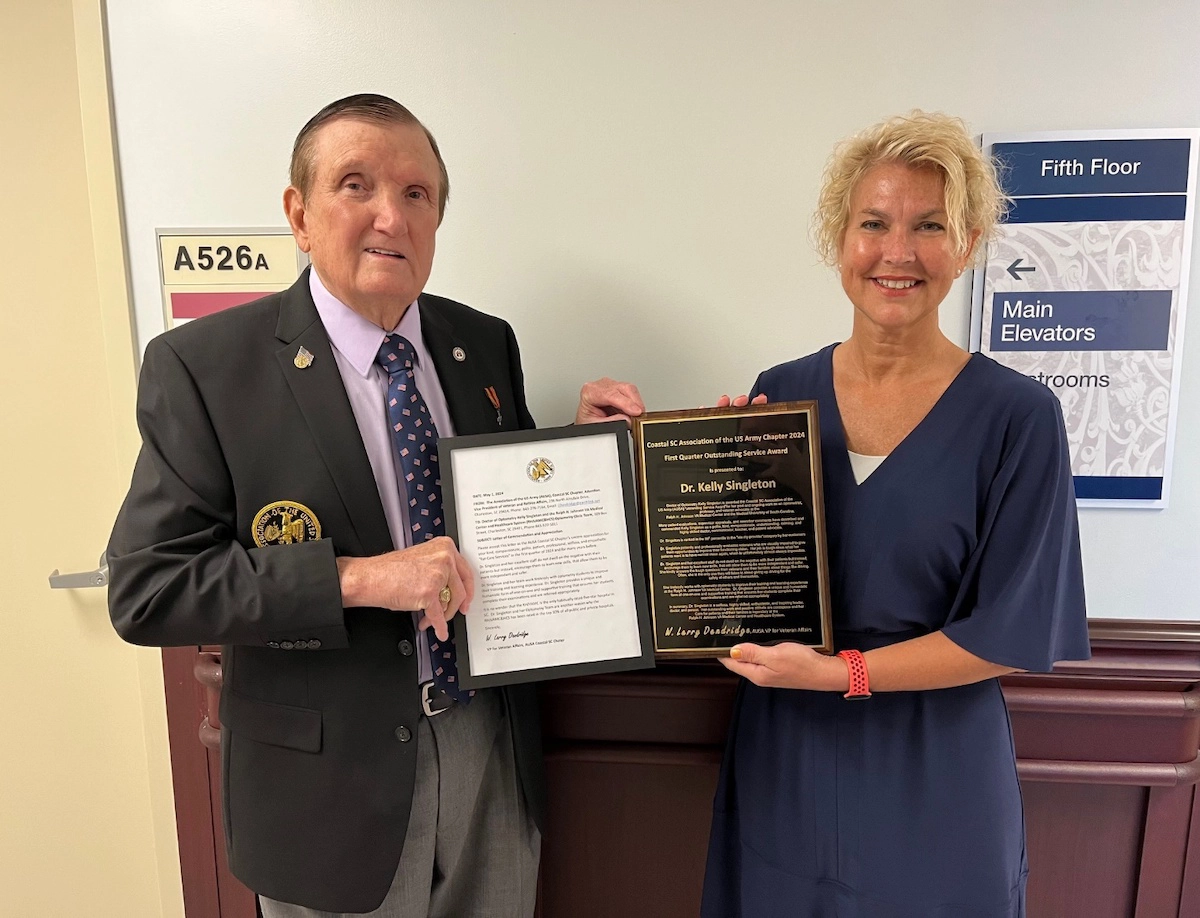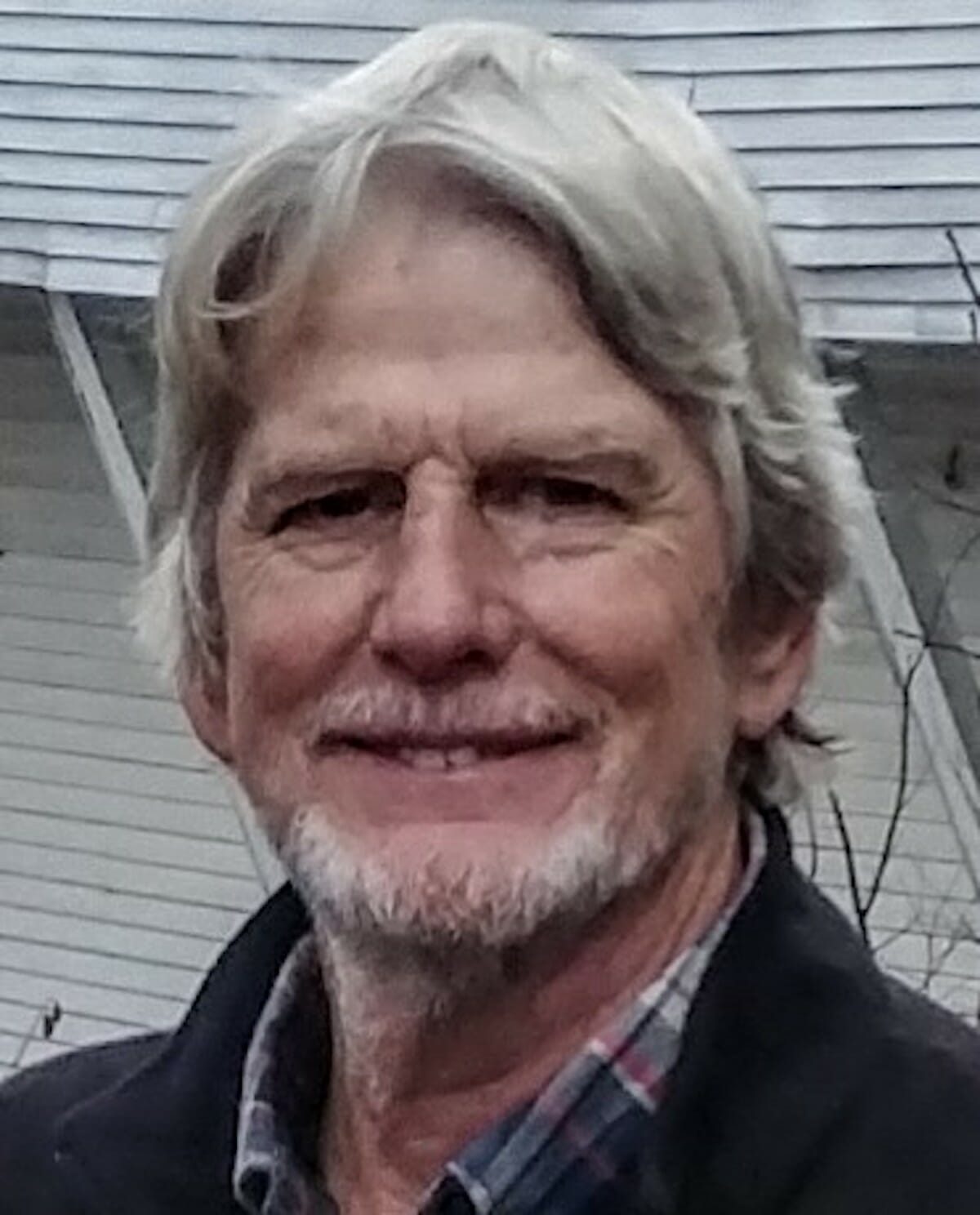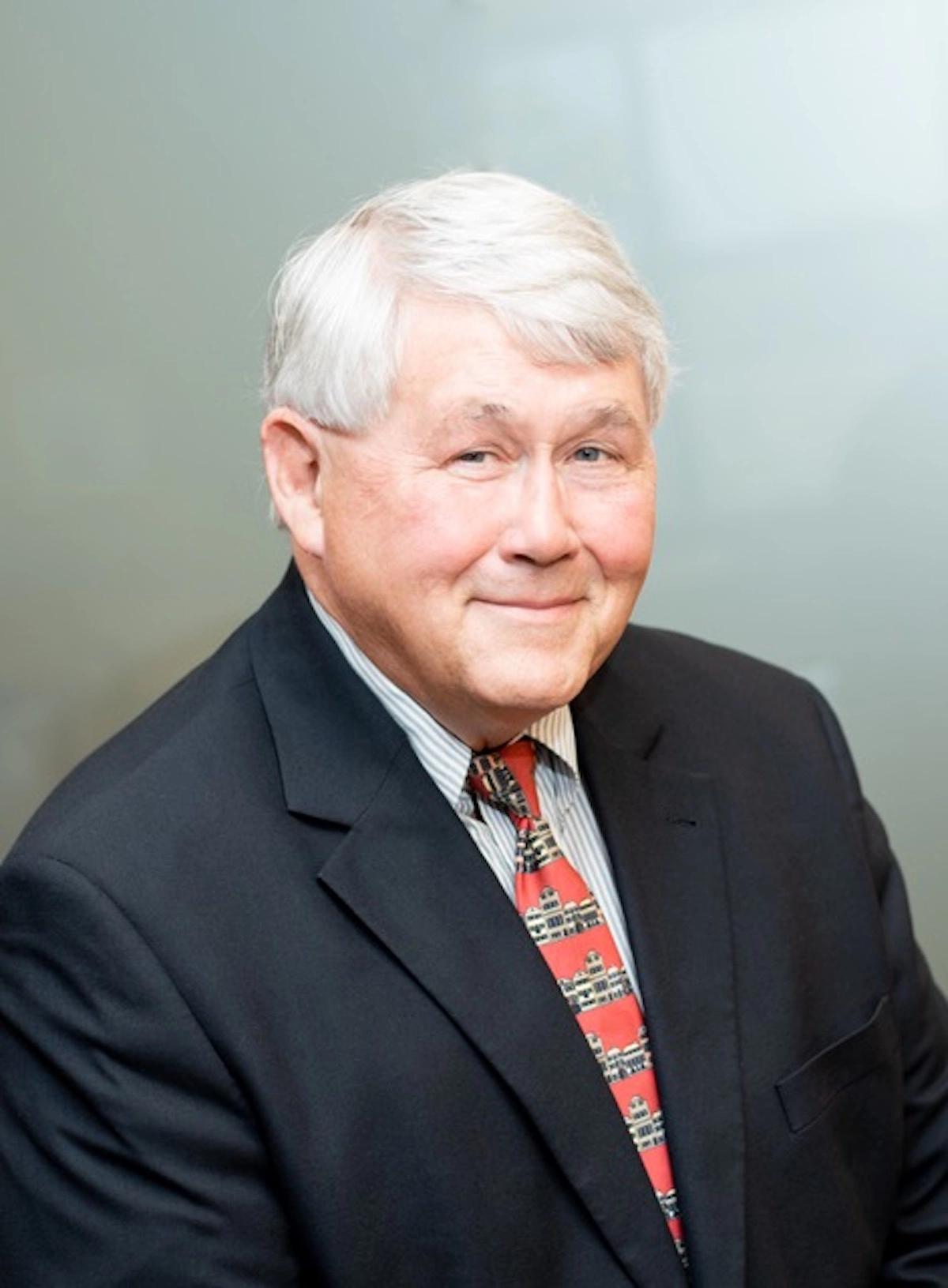By Paul Hyde
On Sunday, Yvett Anderson will light a candle at her church for the nine souls brutally murdered nine years ago at Charleston’s Mother Emanuel AME Church.
She was so close to two of the victims — Rev. Daniel Simmons and Cynthia Hurd — that she speaks of them as “family.”
The congregation in Anderson’s church, Ebenezer Mt. Zion AME in Mount Pleasant, will follow the lighting of candles by slowly saying the names of the Emmanuel Nine.
The rituals help to alleviate the pain that returns like a dark cloud June 17.
“Every time an anniversary comes around, it seems like the wound is open again,” Anderson said.
As she remembers the Emanuel Nine, she’ll also say a prayer for the victims’ families and survivors of the church shooting.
She’ll say another prayer that state lawmakers will finally close what’s dubbed the “Charleston loophole.”
That’s the name for the dangerous gap in the federal background-check system that allowed Dylann Roof to purchase a weapon he used to kill the Emanual victims during a Wednesday prayer meeting.
Anderson leads the Charleston chapter of Moms Demand Action, a group urging lawmakers to fix the “Charleston loophole” and adopt other gun safety measures.
Anderson is not a lifelong activist but felt compelled to join Moms Demand Action after the Charleston shooting that claimed the lives of her good friends.
So far, she and other gun-safety advocates have been largely ignored by legislative leaders, she said, though a few lawmakers are willing to listen.
Safeguarding South Carolinians
At the time of the Charleston church shooting on June 17, 2015, it seemed to many that a tragedy of this magnitude would goad state lawmakers into action, prompting them to adopt safeguards to protect South Carolinians.
After all, protecting the well-being of South Carolinians is a fundamental responsibility of state government.
Who could have predicted that things would hardly change at all?
True, there were glimmers of hope during those dark days. Charlestonians came together to share their grief and promote unity and love in the face of hate. Then-President Obama journeyed to Charleston and mourned with us in a graceful eulogy for Rev. Clementa Pinckney that will long linger in the memory. Pinckney was the church’s pastor and a state senator.
It’s true also that then-Gov. Nikki Haley and state lawmakers later removed the Confederate battle flag from the Statehouse grounds.
That was a good and necessary step, but that symbolic action should have been followed by life-saving legislation.
Ironically, the Charleston shooting prompted other states to do more to protect their citizens from crime.
Twenty-three states, for instance, have closed or limited the “Charleston loophole,” which allows gun sales to proceed after three business days even if a background check has not been completed.
That’s how Roof, an avowed white supremacist with a history of drug use, obtained a weapon in South Carolina that he should not have been able to legally purchase.
Roof had confessed to drug possession months before the Charleston shooting. That should have prevented him from buying a .45-caliber Glock pistol. But the FBI didn’t complete his background check within three business days.
When it takes longer than three days, that often is a red flag that something is amiss. Background checks delayed more than three days are four times more likely to result in a denial determination, according to the gun violence prevention organization Everytown.
The 23 states that have closed the loophole give government officials more time, if needed, to complete a background check.
A fitting memorial
So, while other states have adopted pragmatic policies to protect their citizens, the state whose largest city gave the loophole its name has done little or nothing.
In fact, we’ve gone in the wrong direction, loosening gun laws — such as with the permitless carry law.
South Carolina remains one of the worst states in the nation for gun violence. The state rose from 11th in the nation in the rate of gun deaths per 100,000 residents in 2021 to 10th highest in 2022, when including Washington, D.C. (in ninth place), according to the National Center for Health Statistics.
South Carolina should not be loosening gun restrictions but tightening them up — mandating universal background checks, enacting red-flag laws and requiring the safe storage of guns.
Closing the loophole should be a top priority. What better memorial could there be for the Emanuel Nine than if state lawmakers found the courage to close the “Charleston loophole” by one year from now on the 10th anniversary of the shooting: June 17, 2025?
We can’t alter the tragic past, but we can create a better future.
Until then, Anderson and other gun safety advocates will continue to light candles, think of the Emanuel Nine, pray and fight.
“I’m not the sort of person to give up,” she said.
Paul Hyde is a longtime journalist and teacher in the Upstate. He worked 18 years for the Greenville News as a columnist, editorial writer, education reporter and arts writer. He holds undergraduate and graduate degrees from Clemson and Harvard universities. He has written for the Houston Chronicle, Dallas Morning News and USA Today, among other publications. He currently is a regular contributor to the Greenville Journal, Atlanta Journal-Constitution and Classical Voice North America.








